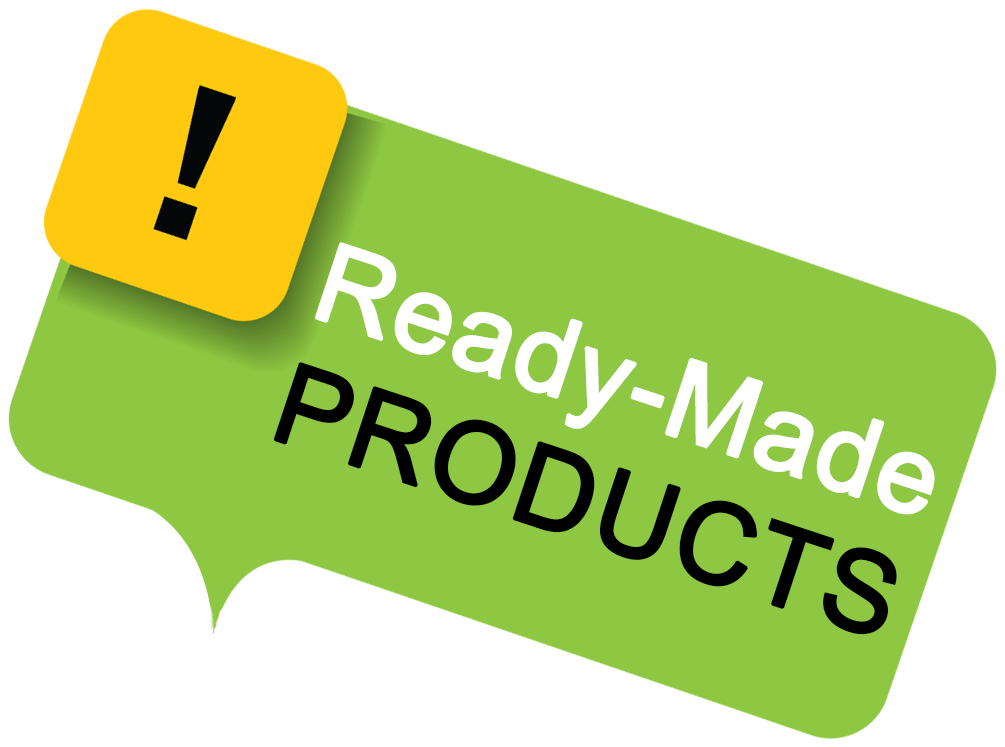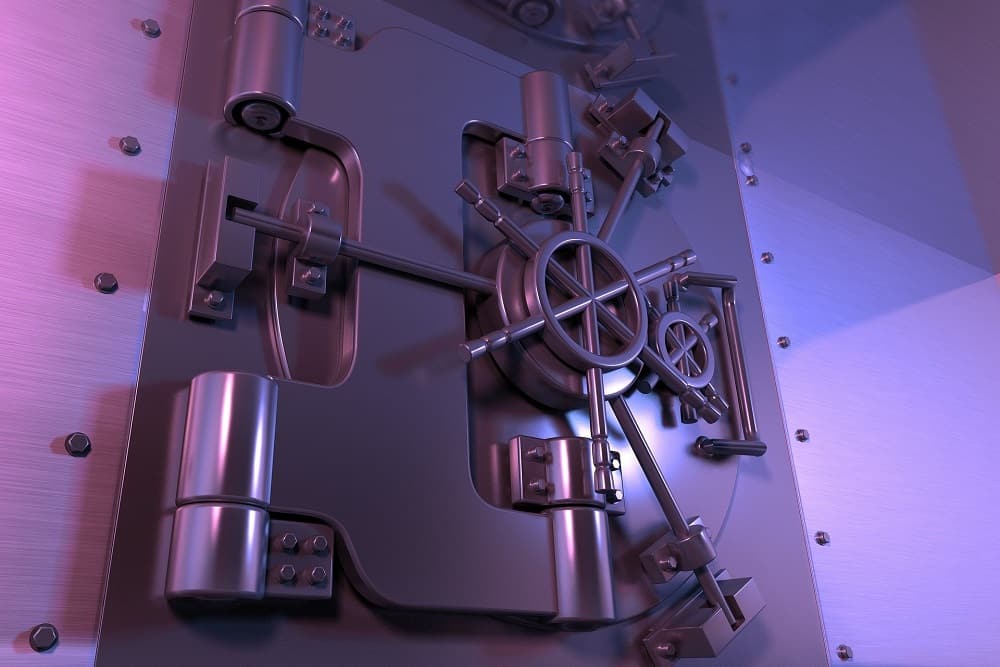Blog
Crypto-Friendly bank ‘freeze’ bank account
Mar 11, 2020For those companies or people dealing with crypto transactions on a daily basis, or those buying cryptocurrencies as an investment, finding a suitable bank and open an account that will hold their funds is essential. Cryptocurrencies banking is viewed as high risk by many banks. This however does not mean there are not options for you or your company, with a regulated banking provider who have the features we expect from a bank.
Complaints from customers being locked out of their bank accounts are very common. If you are looking to engage in cryptocurrency trading or crypto-related business, you seem to be at greater risk of having your account blocked or frozen. It can happen to any of us, and it can even happen with supposedly crypto-friendly banks, such as Bitwala, Revolut, and more. There are many reasons to block or froze a bank account, but higher risk takes a part if you have often fallen into one of the following categories:
- Moving large amounts of money according to your historic balance, which is going to trigger money laundering flags, regardless of whether it’s related to cryptocurrency;
- Running a business related to cryptocurrency or appear to run a cryptocurrency related business;
- If you’re day trading and are moving money in-and-out of your account frequently.
-
UK banks even have frozen the accounts of a company after its owner transacted on a cryptocurrency trading platform with his personal account. So, what to do if crypto friendly bank blocked or froze, or forbids your cryptocurrency purchase. There isn't any legal ‘cure’ that will successfully get your account reopened. Legal action will be time-consuming, costly, labor intensive and there is limited likelihood of success unless the bank is refusing to release funds or not following a reasonable and appropriate procedure. In terms of taking specific legal actions, the answer to this question is: nothing. If a bank blocks an account because it feels it is appropriate to carry out further Anti Money Laundry or Know Your Customer checks, there are no anything that a customer can achieve effectively and reasonably by resorting to legal action to force the bank to release those funds. In this case the best possible course of action, which is cheaper, quicker and more effective, is to find a friendly and engaged contact at the relevant bank and seek to work with them to help them conclude their process as soon as possible.
In a case if the cryptocurrency exchange is regulated, customers who are unable to withdraw their funds should immediately contact the regulator where their account is papered. Considering that banks are also regulated, much the same applies if your bank is preventing you from withdrawing your money. Also, contacting law enforcement authorities are an option if company is not regulated, but despite that, civil legal actions may not be successful, particularly if prosecuting and enforcing judgments are likely to be challenging.
At the end, in worst case scenario, when the bank is refusing to release funds and has no legal grounds for doing so - legal action may very well be viable.
If the bank restricts your cryptocurrencies purchase, cryptocurrency brokers are a good way to buy cryptocurrencies. Peer-to-peer cryptocurrency websites are very popular. These services connect you to other people who wish to sell Bitcoin or other cryptocurrencies.
Considering above mentioned and fact that every situation is being solved on case by case basis, the outcome of frozen or blocked bank account depends on where the bank and customer are based. Most countries have not clearly determined the legality of cryptocurrency, preferring instead to take a wait-and-see approach. Therefore, if you are willing to enter an unregulated jurisdiction, either way – by running a business related to cryptocurrency or investing in cryptocurrencies as a trader, we advise to explore proposed jurisdiction. To avoid possible risks and to decrease negative effects of blocked bank account our specialists would advise to establish business activities in Malta, Estonia, Switzerland and Singapore.
Read our blog to keep abreast of all actual and interesting technology news.


